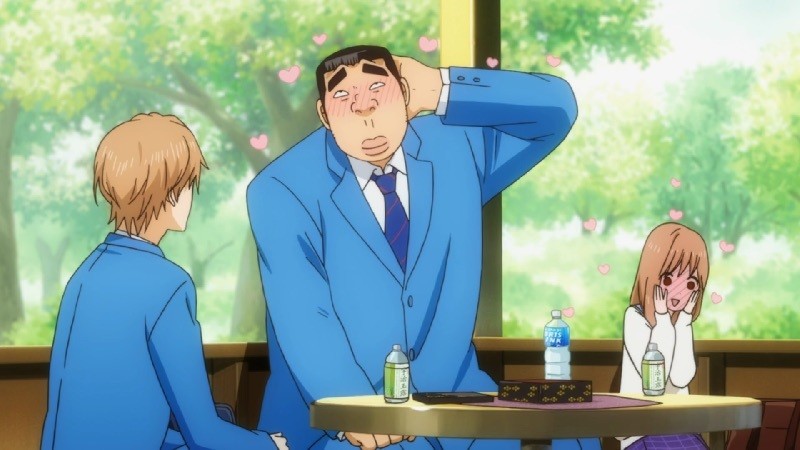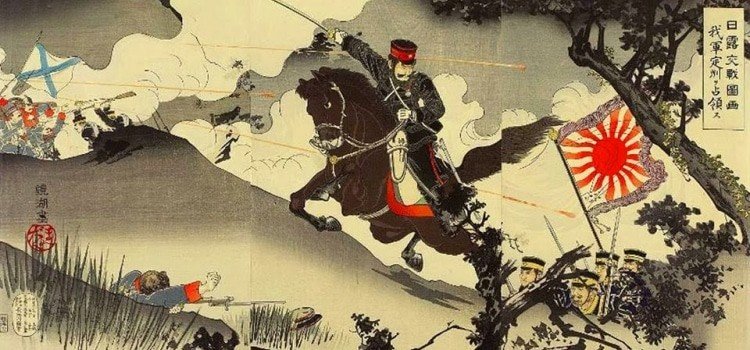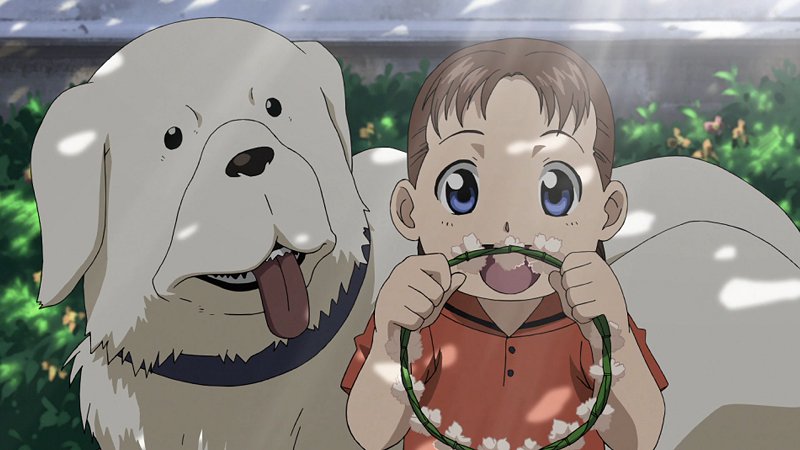Have you ever heard of the Japanese words shouganai and shikatanai? Both are profound words that have great importance in Japanese culture, in this article we will examine them in depth.
Before we talk about the depth of words shouganai and shikatanai, let's examine the literal meaning of both Japanese words and their ideograms. Then we will comment in depth on the depth of the word in Japanese culture.
I'll leave a little hint and say that shoganai refers to resilience, the ability to deal with problems, adapt to change, overcome obstacles, resist pressure and adverse situations. If you want to skip the technical part of the article, just use the summary below:
Índice de Conteúdo
The meaning of Shouganai
Shouganai [しょうがない] is a Japanese word that can be translated as "it can't be helped" or "nothing can be done about it". Its meaning also carries great depth in Japanese culture.
The ideogram used in the word shouganai is [仕様がない] where [仕] means to participate, do and serve. The ideogram [様] means form, situation, manner and style. The 2 together [仕様] means way, method, resource and remedy.

That is, shouganai conveys the idea that there are no ways, methods, resources or solutions for the situation in question. If it refers to something inevitable, there is no reason at all, nothing can be done.
Shoganai or Shouganai? – Both words are correct, the difference is only in the romanization used. The letter "u" is a stretch of the letter "o“, but if we literally transcribe the hiragana the correct is shouganai, but it reads shoganai.
まあ、しょうがない。次のを待とう。 Maa, shouganai. Tsugi didn't kill him. Well, now it's over, let's wait for the next one.
心配したってしょうがないよ。 Shinpai shitatte shōganai yo. I can't help but worry
新しい車が欲しくて しょう がない Atarashii kuruma ga hoshikute shōganai Can't wait for a new car
Meaning of Shikatanai
It can't be helped is actually a shortened version of the expression "It can't be helped” [仕方がない], where both mean the same thing and have a similar meaning to shouganai.
One of the differences is in the ideograms used. Shikata is written with [仕方] where [仕] means to participate, do and serve. The ideogram [方] also means direction, path, shape, side, method, means;
The word shikata [仕方] means way of doing something or method. Already shikatanai [仕方ない] is a less polite version meaning “there is nothing to do". Remembering that shikatanai is more formal than shoganai.

The character [方] is used in many words to indicate the shape or manner of something. For example, tabekata [食べ方] means way of eating or how to eat. Another example is the word oyogikata [泳ぎ方] which means way of swimming.
Basically shoganai and shikatanai are identical words, but they are different. It's as if one is a way of doing and the other a way of doing it, both mean the same thing, but their differences are imperceptible.
働くより仕方ない。 Hataraku yori shikatanai We have no choice but to work
従うよりほかしかたない Shitagauyori hoka shikatanai I had no choice but to obey
彼は仕方ないやつだよ Kare wa shikatanai yatsu dayo This guy is impossible!
The importance of SHOGANAI in Japanese culture
both words are very important in Japanese culture, mainly shoganai. In addition to its common usage, the expression is used to describe the Japanese ability to stand firm and dignified in the face of tragedy or injustice.
This word can be compared to resilience. Shoganai's culture of acceptance helps Japanese people deal with shock, stress, and traumatic situations without going into emotional, psychological, and physical breakdown.
Shoganai it involves a great culture of accepting things the way they are, instead of tantruming and complaining as many Brazilians do on social media, without taking any action to resolve the situation. This attitude only results in anger and stress.

Shoganai It doesn't mean giving up things easily, but just accepting the impossible, if something has a solution, just run after it! Anyway, the solution must be done modestly and not through tantrums and lack of control.
Shoganai involves circumstances beyond one's own control, can be compared with the French expression "c'est la vie" what does it mean that's how life is english expression "let it be" which means let it be.
This word was widely used in situations in the second world war because of the concentration camps, nuclear bomb and the occupation of the American army. post-war. Not to mention the natural disasters that the Japanese suffer, but rise up soon after.
The Japanese words shikatanai and shoganai fit into many different situations with different meanings. This philosophical word also involves the impermanence of things, followed by acceptance.

The Japanese use shoganai not to mourn, but to move on. They know that some things are a waste of time (mottainai), this explains why the Japanese are not very involved in their politics.
My friend once asked a Japanese man if he was afraid of tension with North Korea and its nuclear tests. He said, shoganai, what can I do? There's no reason for me to worry about it, better worry about taking care of the my family.
The Japanese prefer to think about the present and not about the past or a future that won't even happen. They would rather move on with their lives than mope or complain about situations.
The article is still halfway through, but we recommend also reading:
Variations of Shoganai and Shikatanai
Shoganai and shikatanai are not the only ways to express that something has no solution. There are variations of the words like the one already mentioned It can't be helped [仕方がない]. Let's see a list of words below and their meanings.
- Shou mo nai [しょうもない];
- It is also an adjective meaning boring, stupid, superficial and useless;
- Dou shiyou mo nai [どうしようもない];
- There's no hope, there's nothing I can do;
- Shaa nai [しゃあない] - Very informal;
- Itashikata nai [致し方ない] – Not common;
- [致] means to do, exercise, cause, incur;
- Shouganainaa [しょうがないなあ] – If you insist;
- Shikatanaku [仕方なく] – helpless, reluctant, last resort;
- Shikatanonai [仕方のない];
- Shikatanashini [仕方なしに] – powerless, reluctant;
What do you think about the meaning of the Japanese words shoganai and shikatanai? I hope you enjoyed the article, if you did, don't forget to share and leave your comments.







